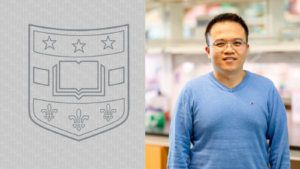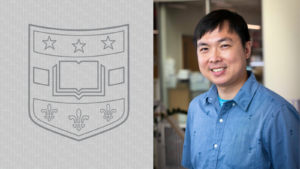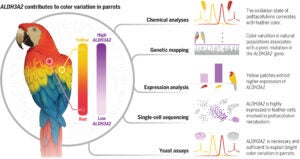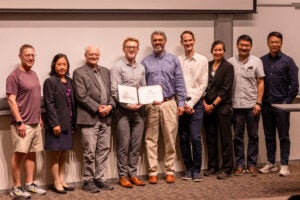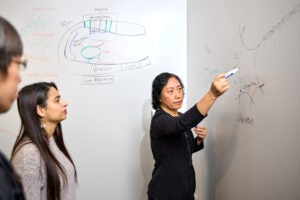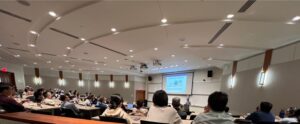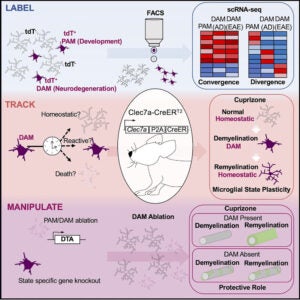Yung-Chun (David) Wang, PhD, an instructor in the Jin lab was recently awarded the Center of Regenerative Medicine’s hCTO microgrant. This microgrant will support his research into congenital hydrocephalus (CH), a developmental brain disorder characterized by abnormal cerebrospinal fluid accumulation.
Congratulations to Yung-Chun (David) Wang in the Jin lab for receiving the Center of Regenerative Medicine’s hCTO microgrant
